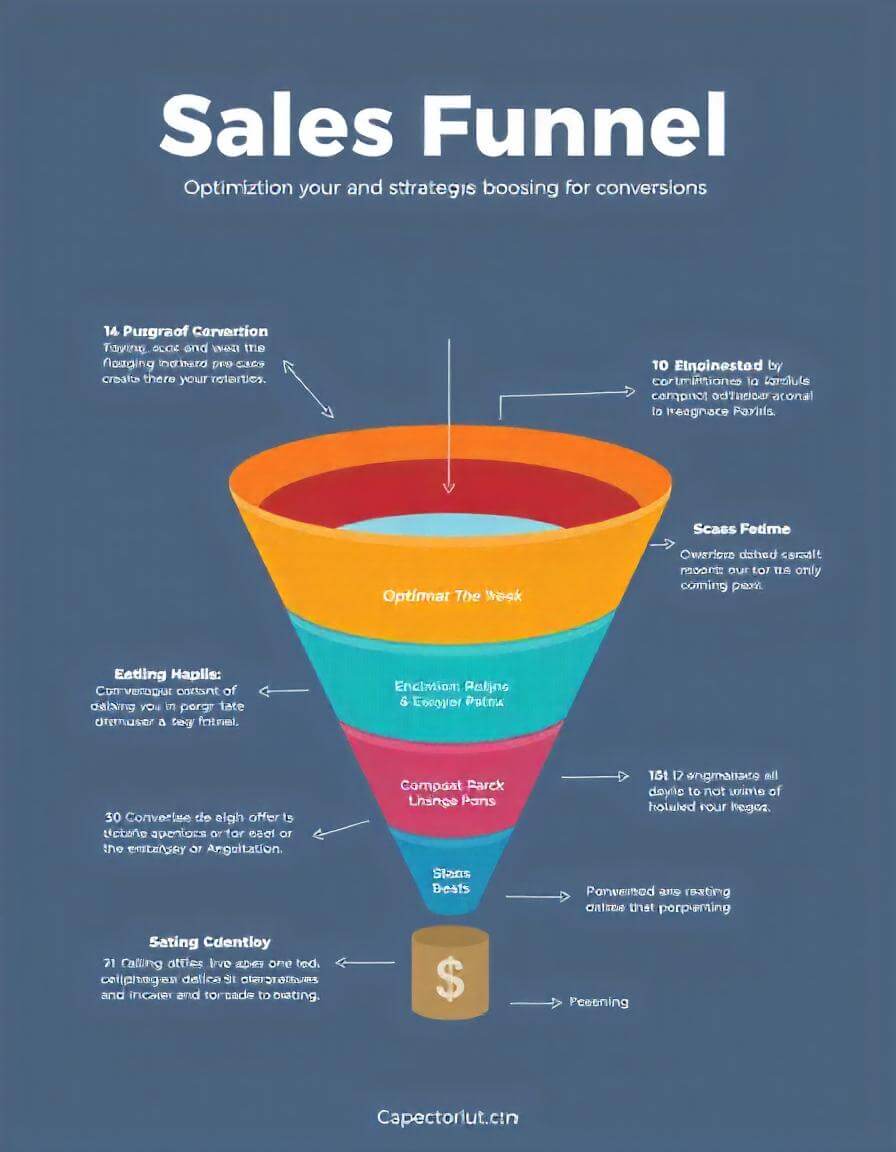
Dive into our expert Q&A to discover the keys to measuring success effectively and propelling your business metrics forward.
Introduction
In the world of business, success isn’t just about making a profit. It’s about understanding and leveraging the right metrics to guide your decisions, strategies, and growth. But with so many metrics available, how do you choose the right ones? This Q&A session addresses the critical aspects of selecting and utilizing the most relevant metrics to measure and achieve success.
Q&A: How to Choose the Right Metrics to Measure Your Success
Q1: Why is it important to choose the right metrics?
Answer: Choosing the right metrics is crucial because they provide a clear picture of your business’s performance and health. The right metrics help you make informed decisions, identify strengths and weaknesses, and set realistic goals. They ensure that your efforts are aligned with your strategic objectives and help you track progress effectively.
Q2: What are the key types of metrics every business should consider?
Answer: There are several key types of metrics that businesses should consider:
Financial Metrics: These include revenue, profit margins, and cash flow, which are essential for understanding the financial health of your business.
Customer Metrics: These measure customer satisfaction, retention rates, and customer lifetime value, giving insights into how well you are meeting customer needs.
Operational Metrics: These track the efficiency of your business processes, such as production costs, inventory turnover, and employee productivity.
Marketing Metrics: These include metrics like conversion rates, customer acquisition cost, and return on investment for marketing campaigns.
Q3: How do you align metrics with your business goals?
Answer: To align metrics with your business goals, start by clearly defining your objectives. Then, identify the key performance indicators (KPIs) that directly impact these objectives. For example, if your goal is to increase customer satisfaction, you might focus on metrics like Net Promoter Score (NPS) and customer feedback scores. Ensure that each metric you choose can be directly tied to a specific business goal and provides actionable insights.
Q4: What is the role of benchmarking in choosing the right metrics?
Answer: Benchmarking is the process of comparing your business metrics with industry standards or best practices. It helps you understand where you stand in the market and identify areas for improvement. By benchmarking your metrics, you can set realistic targets and strive to meet or exceed industry standards, thereby driving your business toward higher performance.
Q5: How often should businesses review and adjust their metrics?
Answer: Businesses should review and adjust their metrics regularly. This could be monthly, quarterly, or annually, depending on the nature of your business and the specific metrics you are tracking. Regular reviews ensure that your metrics remain relevant and aligned with your evolving business goals. It also allows you to respond quickly to any changes in the market or your business environment.
Conclusion Choosing the right metrics is not a one-size-fits-all approach. It requires a deep understanding of your business goals, industry standards, and the specific challenges you face. By selecting and regularly reviewing the right metrics.
kindly subscribe to our Newsletter for more updates
Discover more from Grow and Succeed Blog
Subscribe to get the latest posts sent to your email.







One thought on “Business Metrics: How to Choose the Right Ones for Growth”